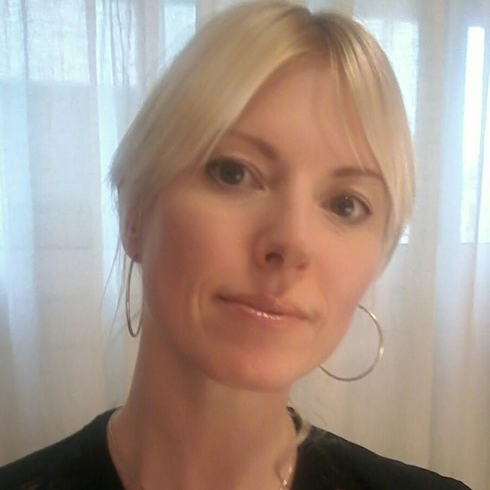Kaleidoscope Zenia Hellgren
4. Kaleidoscope
When staying home is a privilege Zenia Hellgren

Zenia Hellgren, profesor in the Departament of Political and Social Sciences, senior researcher and Marie Curie Research Fellow in the Interdisciplinary Research Group on Immigration (GRITIM-UPF)
From the balcony of my home, my only bridge to the outside world since the state of emergency was declared, I can see a group of homeless people. They have built a kind of tent right next to the train tracks, halfway between Sant Adrià and Badalona. There they are coping with the health, social and economic crisis unleashed by the coronavirus as best they can. They wash their clothes in the fountain at the nearby playground, as emptied of life as the adjoining school. Sometimes, when the neighbours complain, the local police come and talk to them, but the officers always leave resigned. ‘Don’t you know that there is an order to stay home?’ ‘We are home; this is the only one we have.’
The current situation underscores and increases the inequalities between those who can choose to strictly comply with the lockdown and work from home, where they are comfortable if sometimes bored, and those who are exposed every day to the risk of infection on public transport and in more or less precarious jobs, as long as they still have them. After that, all they can do is subsist in small, unheated flats, overcrowded with relatives; rooms in apartments shared with strangers; or, in the worst-case scenario, on the streets.
Many immigrants already belong to the groups most affected by social and job insecurity. The longer the coronavirus crisis continues, the more likely it is to drive these people into an abyss. Domestic workers, street vendors or the countless temporary employees in the hospitality industry, who are not entitled to unemployment benefits or even sick leave, are some of the many people who do not have the choice to stay home to protect their health and that of others, but who will now find themselves devoid of opportunities to make a living. Not only are they at a much higher risk of infection than someone who can work from home, but when the dreaded curve that we are all watching finally flattens and we can go back to our sorely missed ‘normal’, for many of them that ‘normal’ will no longer exist.
I hope that all possible measures will be taken to prevent the disaster of allowing hundreds of thousands of people at risk of social exclusion to slide into absolute poverty whilst the middle and upper classes lock themselves away at home and stockpile food.
